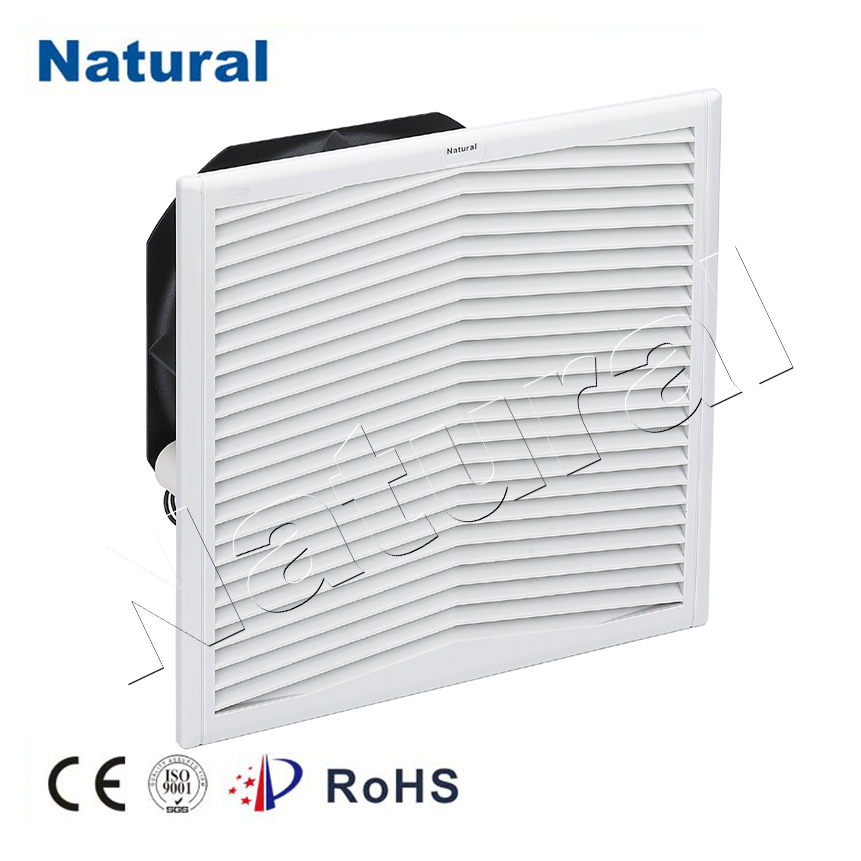In our modern world, where air quality and energy efficiency have become paramount concerns, panel filters emerge as unsung heroes in the battle for cleaner, healthier environments. These unassuming components play a vital role in various applications, from HVAC systems in residential homes to industrial facilities. In this article, we will delve into the world of panel filters, exploring their functionality, benefits, and the critical role they play in improving air quality and efficiency.

Understanding Panel Filters Panel filters, also known as flat or flat-panel filters, are a common type of air filter used in ventilation and air conditioning systems. They are typically constructed from a pleated or flat media that is designed to capture and remove airborne particles, such as dust, pollen, pet dander, and bacteria, from the incoming air. The effectiveness of panel filters is measured by their MERV (Minimum Efficiency Reporting Value) rating, which ranges from 1 to 16, with higher numbers indicating better filtration capabilities. Enhancing Indoor Air Quality One of the primary functions of panel filters is to improve indoor air quality. As air is circulated through an HVAC system, it passes through the filter, which traps and removes harmful particles. This not only provides a healthier indoor environment but also reduces the risk of respiratory issues and allergies. For individuals with allergies or asthma, high-efficiency panel filters can make a significant difference in their quality of life by reducing exposure to allergens and irritants. Increasing Energy Efficiency Panel filters also contribute to energy efficiency in HVAC systems. When air is cleaner, it flows more easily through the system, reducing the strain on the blower and motor. This means that the HVAC system requires less energy to operate, resulting in lower utility bills and reduced environmental impact. Regularly replacing or cleaning panel filters is essential to maintain this efficiency, as clogged filters can hinder airflow and lead to increased energy consumption. Applications Across Industries Panel filters find applications in a wide range of industries beyond residential settings. They are used in commercial buildings, healthcare facilities, data centers, and manufacturing plants, among others. In industrial environments, panel filters can be instrumental in maintaining air quality standards, ensuring the safety of employees, and protecting sensitive equipment from dust and contaminants. Choosing the Right Panel Filter Selecting the appropriate panel filter is crucial to achieving the desired level of air quality and energy efficiency. Factors to consider include the MERV rating, the specific filtration needs of your environment, and the size of the filter. It’s important to consult with HVAC professionals or refer to manufacturer guidelines to determine the most suitable filter for your application. Maintenance and Replacement To maximize the benefits of panel filters, regular maintenance is essential. Filters should be inspected at least once a month, and depending on the environment, they may need to be cleaned or replaced more frequently. Neglecting filter maintenance can lead to reduced filtration efficiency and increased energy consumption. Conclusion Panel filters might not be the first thing that comes to mind when considering ways to improve indoor air quality and energy efficiency, but their impact should not be underestimated. These unassuming components quietly play a crucial role in ensuring the air we breathe is clean and in reducing our energy consumption. As we continue to prioritize health and sustainability, panel filters will undoubtedly remain essential components in our pursuit of a cleaner, more efficient world. So, the next time you enjoy a breath of fresh air indoors or receive a lower energy bill, remember to thank the unsung heroes, the panel filters, working tirelessly behind the scenes to make it all possible.